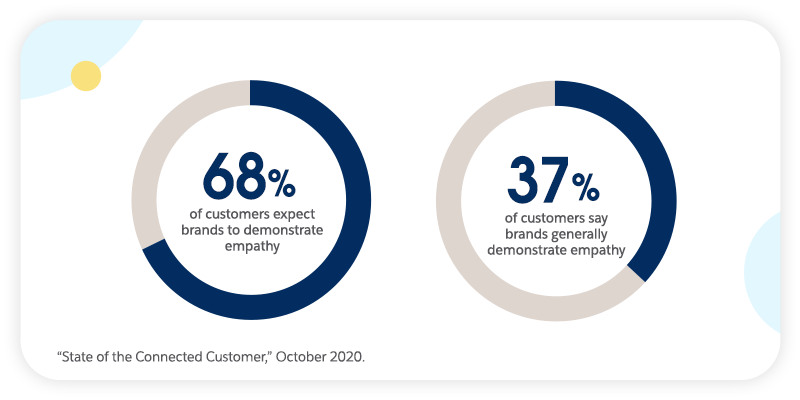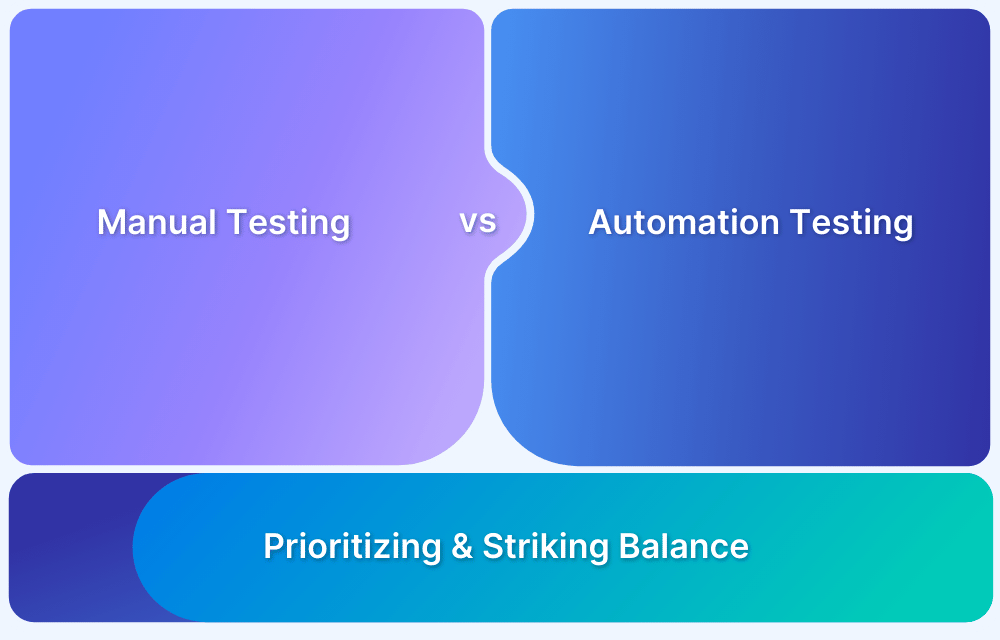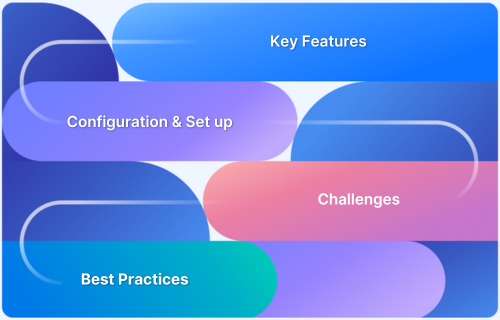Why should Startups focus on Manual and Automated Browser Testing?
By Shormistha, Community Contributor - November 1, 2022
All across the world, Startups are liable for contributing trillions in value to the economy. Since the pandemic, technical firms hit 2.3 times more than their non-tech counterparts. In fact, there has been extra participation of startups in the Asia-Pacific province as evidenced by the higher market valuation of startups founded in the region.
The Global Startup Ecosystem Report Value Creation (GSER 2022) report revealed USD 6.4 Trillion in Global Startup Economy Value Creation. Modern start-ups actively gravitate toward digital technologies due to their reach.
Global Startup Economy-Data Insights
- 2 out of 10 new businesses fail in the 1st year of operations (source: Bureau of Labor). 34% of folks interviewed on why startups fail to cite the negligence of product-market fit as a reason. On the flip side, 22% quoted marketing problems. Other reasons given were finance problems (16%), team problems (18%), and last and most important technical issues (6%). (Failory, 2021)
Now, let’s dive into the common tech problems and possible solutions!
The latest study done by Salesforce suggests that 76% of consumers expect organizations to understand their expectations and requirements.
The more you know about common technical issues, the better you can control them from happening! To deal with the tech challenge, companies must have to make their software/app cross browser compatible or else lose their potential customers. In short, a buggy website or app can kill the first impression and quickly turn off users.
Even if you have a tremendously capable and qualified product team, mistakes do happen. So, for the perfect user experience, companies must recognize their user’s preferences for devices and platforms and build engaging experiences across them. That’s why browser testing came into play.
Importance of Cross-browser Testing
Cross browser testing helps you ensure that the application/website you develop is compatible across multiple devices, browsers, and platforms. It guarantees extensive coverage of the user base. It aids companies in comprehensively testing their app’s behavior on different devices and browsers, before taking them live.
In short, the most common reasons to perform cross browser testing are as follows:
- To ensure that the app/website looks the same across different browsers/devices
- To ensure that the functionality of the features works as intended
- Accomplish the highest level of quality
- To gain customer trust and satisfaction
- To overcome product errors before its launch
However, there are two crucial things startup teams should bear in mind: testing always starts with the manual endeavor, and automation comes into play when there is at least some stable functionality that won’t go through changes. The first encounter allows a software tester to understand the functionality. Without going through the features, a software engineer won’t be able to define the scope for automation.
Besides, manual and automated tests aren’t two separate unrelated activities. Manual testing cases are the exact basis for automated scripts. Moreover, even the most excellent product is unstable in the early phases. Before the team is 100% confident that a definite part is fully completed, automating the tests that cover it is incompetent.
Why is Manual Testing Important for Startups?
With the rise in automated testing, manual tests might sound laid off. However, some aspects of an app/ site such as accessibility, ease of use, usability, etc. can’t be judged by a machine, no matter how sophisticated the algorithm. There is no alternative for human endeavor, and manual tests continue to be relevant today.
Manual testing is a crucial part of any browser testing strategy as it helps QAs gain deep insight from the user’s perception. Manual tests put code through real-world tests. This is something automated test code can’t by itself do. Automation code generally looks to execute a scenario and looks for a detailed outcome. It can’t learn to change behavior, adapt, and expect different outcomes. In short, since the manual test is carried out by a human without the interference of automated test frameworks, it is an excellent way to assess aesthetic facets relevant to end-users like how well the web components render, how simple it is to navigate through an app, and so on.
Manual testing also plays a pivotal role in exploratory testing or in test cases that are executed once or twice. This helps QAs to discover bugs in the early stages of the development cycle. With platforms like BrowserStack Live, and App Live, it is easy to execute manual testing.
BrowserStack offers instant access to 3000+ real devices & browsers on the cloud. You simply need to sign up, select the browser-device-OS combination, and start testing for free.
Try Manual Testing on BrowserStack for free
Why is Automated Testing Important for Startups?
There are several cases when automated testing would benefit a startup. So yes, of course, startups need automated testing. But, the final answer always depends on end product particularities. Below are some of the most common scenarios when automation is a great idea.
- You plan to add fresh newest features in the future and scale. In such cases, automated smoke and regression tests will save time and cut down a sprint cycle by testing existing feature sets.
- There are phases where human error can be crucial for business results. Let’s state there are multiple similar inputs with diverse outputs. Testing such a product may become consumptive and tedious work. When manually scrutinized, the tiniest error can affect efficiency, accuracy, and business on the whole.
- Testing some of the significant features manually is time-consuming. For instance, medical software, website backend, etc. may need to deal with extended codes. Entering this input data manually typically takes extra time and tends to slow down the procedure significantly.
Also Read: Benefits of Automation Testing
Automation certainly benefits huge projects, and that’s one of the major constraints for implementing automation for small startups. At the same time, the importance of automation testing doesn’t differ much depending on the project scale. Adopting test automation for startups can be a cost-effective solution in the long run. When relevant, it always guarantees faster turnaround, elimination of a human factor, higher accuracy, and shorter release cycles.
Identifying the right platform that provides accurate automation services can aid QAs to run crucial tests at a moment’s notice. And BrowserStack Automate can make it easy. With BrowserStack Automate, you have the flexibility to scale as your tests grow, without any concern about adding devices, updating versions, managing capacity, and significantly, maintaining stability.
Every user accesses your mobile app or website from a different device or browser and expects a seamless experience. With such a highly fragmented browser or device market, testing on every combination seems impossible.
BrowserStack allows you to perform manual and automated tests using different frameworks and languages. You can run Selenium, Cypress, Playwright, Puppeteer, Appium, Espresso and XCUITest seamlessly on 3000+ devices and browsers.
Finding a platform that provides an accurate blend of manual and automation testing can aid QAs to run the necessary tests and give you full testing coverage.
 Source
Source Source
Source



